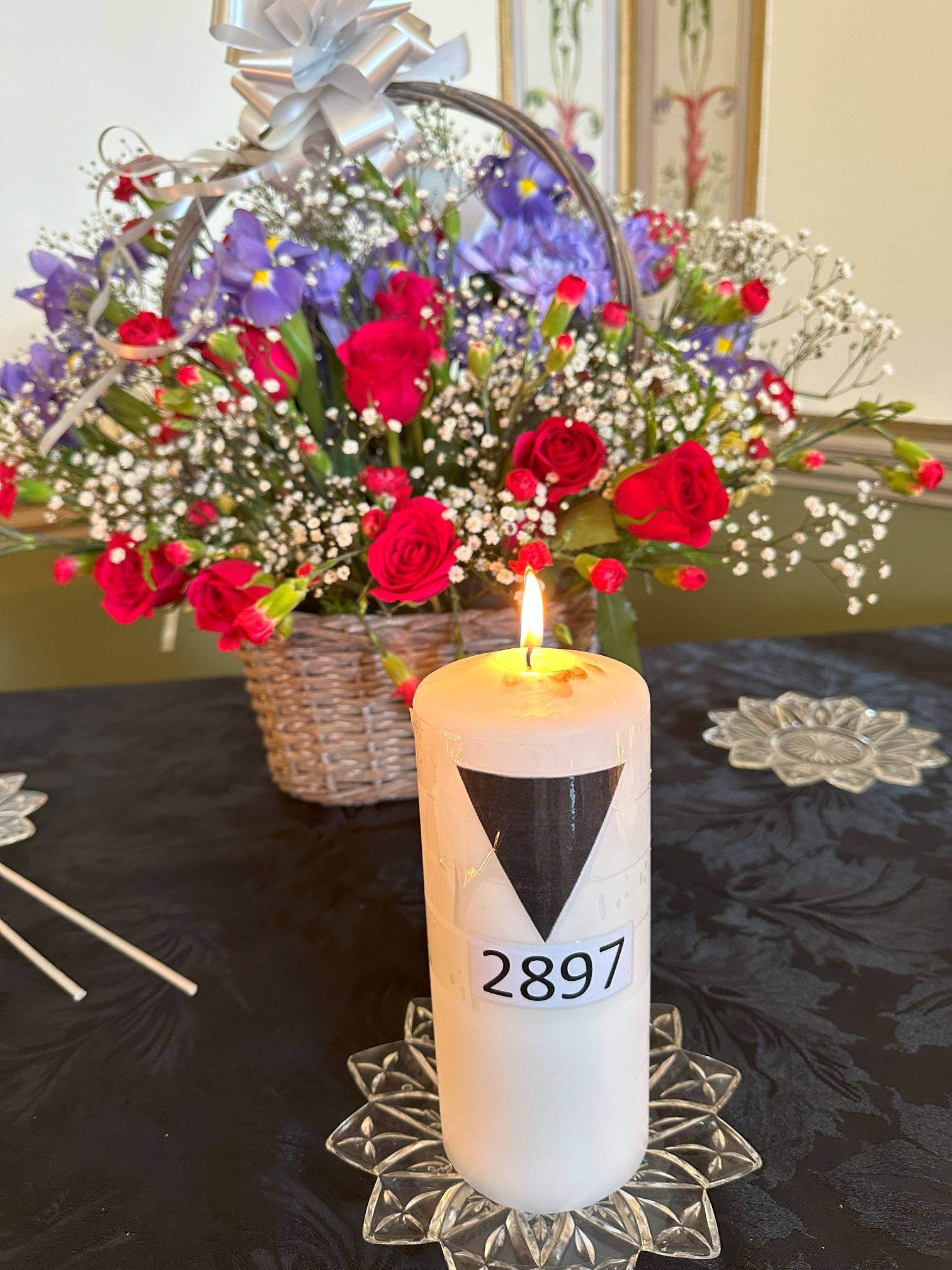 79 years ago, in an event now known as the Night of the Gypsies, 2,897 Roma and Sinti people were murdered in Auschwitz by the Nazi regime. In total, historians estimate that between 200,000 and half a million Roma and Sinti people were murdered by the Nazis, from 29 different countries across Europe.
79 years ago, in an event now known as the Night of the Gypsies, 2,897 Roma and Sinti people were murdered in Auschwitz by the Nazi regime. In total, historians estimate that between 200,000 and half a million Roma and Sinti people were murdered by the Nazis, from 29 different countries across Europe.
On the night of 2 August 1944, the Zigeunerlager camp where the Roma and Sinti prisoners were held was liquidated, with most of the inmates killed in the gas chambers and the remaining men and boys transported elsewhere for hard labour.
In Dorset, a special service was organised by local group Kushti Bok, to commemorate those Roma and Gypsy people who died during the Second World War. It was held at Kingston Maurward College and attended by members of the community, civic and faith leaders, including Bishop Karen and Canon Jonathan Herbert, the diocese's chaplain to the Gypsy, Roma and Traveller community.. Kushti Bok works to support Gypsy, Roma and Traveller peoples to thrive in the region.
MIchael White, a member of the Romany community, said that discrimination and hostility towards his community had lasted for centuries. He said: "We deserve a voice. People are still afraid today to name themeslves as Romany or Gypsy because of discrimination."
The Diocese of Salisbury supports the Gypsy and Traveller Friendly Churches initiative, which works with churches to offer sanctuary and welcome for members of the community. Archbishop Justin Welby visited one of the churches, the Church of the Good Shepherd in Poole, during his mission to the diocese last month. He apologised for the Church's past treatment of Gypsy, Roma and Traveller peoples.


